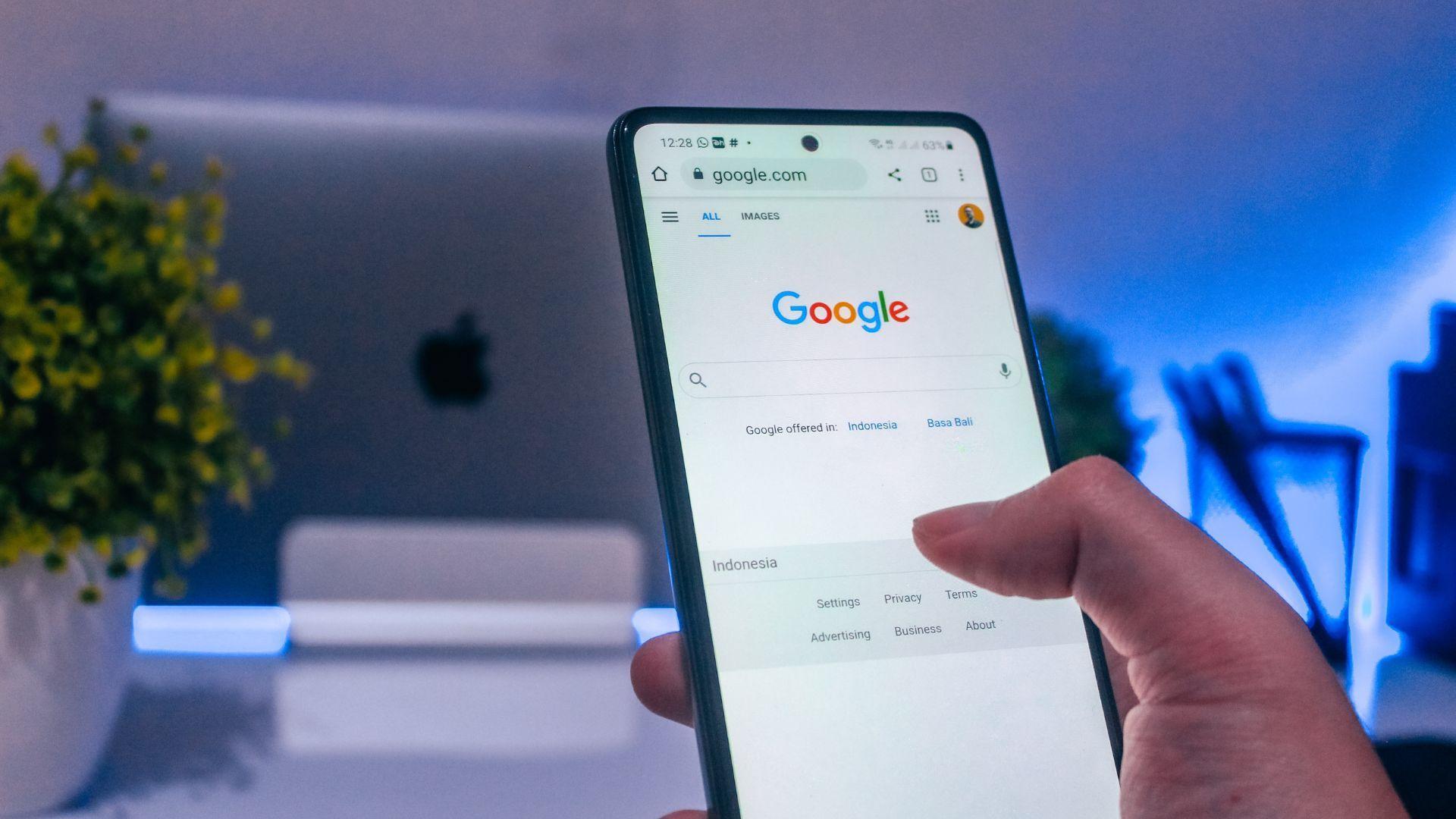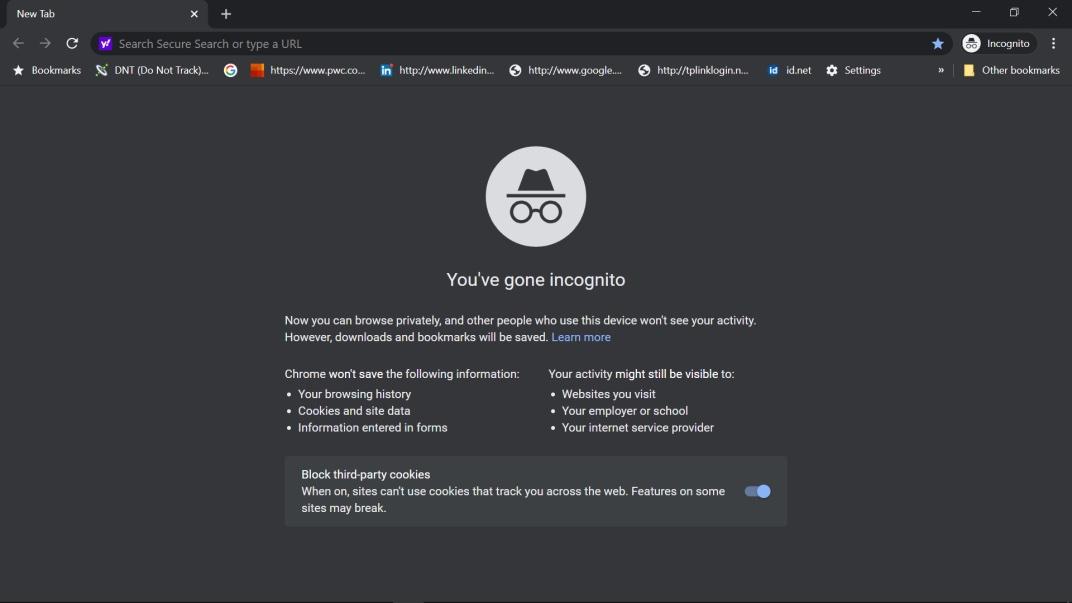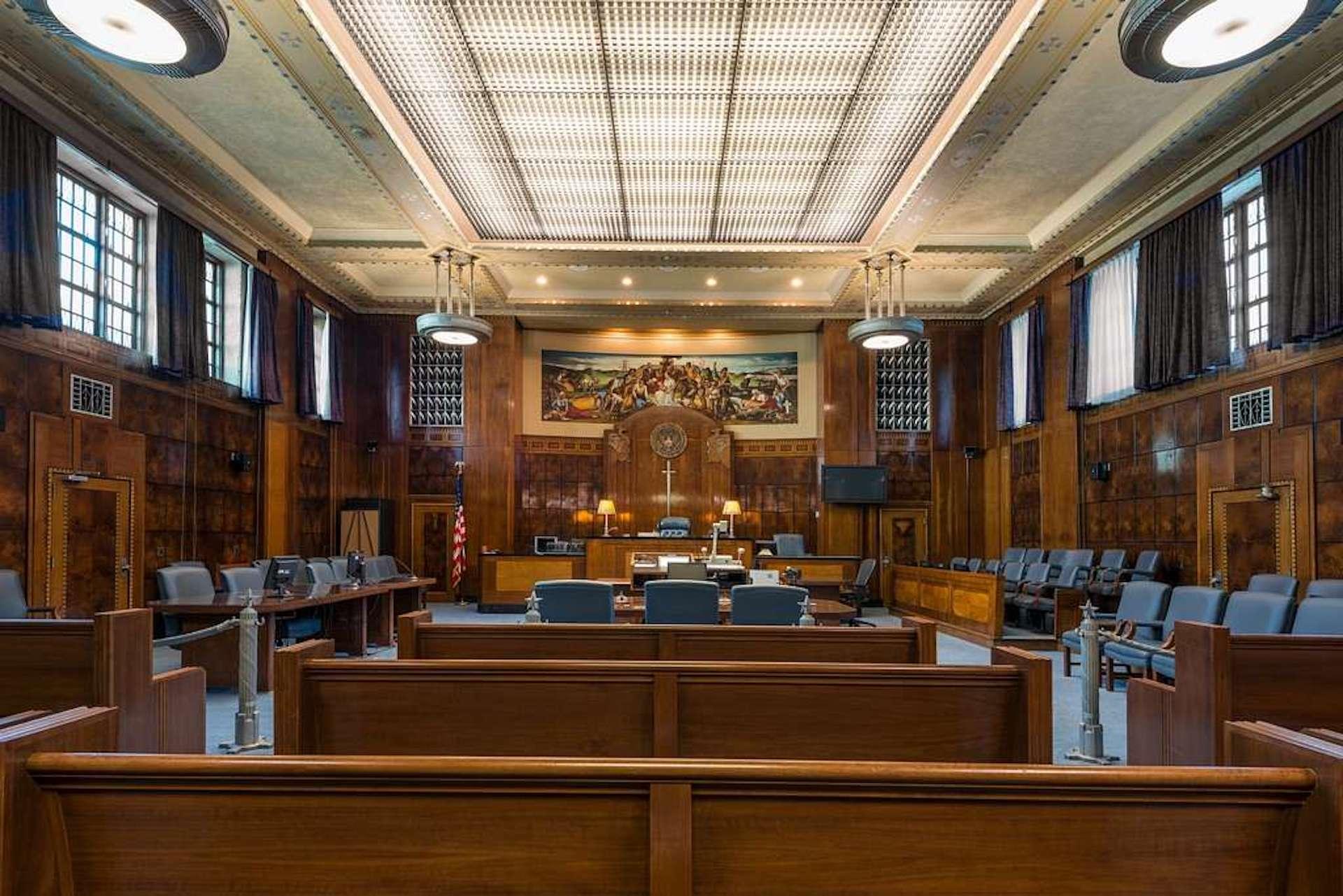After settling a class action suit over the “private” viewing mode in Chrome, Google announces that it will destroy millions of users’ search histories.
This purge of billions of records will eliminate search histories and personal information collected from more than 136 million people using the Incognito viewing mode.
Consumers Sue Google

In 2020, a group of consumers filed a $5 billion class action lawsuit against Google. The lawsuit alleged that Google was tracking and collecting data on people’s search histories, even if they were using the Incognito mode.
This allegation was among many others in the lawsuit. The details of the deal made between Google and the plaintiffs have come to light after the court filing on Monday.
What Is Incognito Mode?

Incognito mode, also known as private browsing mode, is a feature on Google’s browser that presumably lets you browse the internet without leaving a trail of history on your device.
When you use Incognito mode, you are under the assumption that the browser doesn’t record your browsing history, downloads, or cookies.
Google’s Not So “Incognito” Mode

Google has offered Incognito mode for the past 16 years. The mode, marketed as a privacy browser, limited the amount of data collected.
However, if you went to any website while in the mode, Google received that data no matter what. The company says they collected and stored the data, but never used it.
Google Pushes Back

Google fought against the lawsuit until U.S. District Judge Yvonne Gonzalez Rogers rejected a request to dismiss the case in August.
Three months ago, Google announced that the company’s attorneys handling the class-action case had resolved the June 2020 lawsuit targeting Chrome’s privacy controls. The settlement was negotiated over the following four months.”
Incognito Mode Will Be More Transparent in the Future

In the settlement, Google has agreed to delete billions of data records from people who were using Incognito mode. Google is strengthening Chrome’s Incognito mode by making privacy disclosures clearer and more prominent when users activate it.
New regulations will require Google, and likely other companies, to clearly explain what data is being tracked as users browse. This empowers users to make informed choices about their online privacy.
Google Wins Something in the Settlement

While Google will have to limit the collection of personal information, the company still benefited from the lawsuit. According to NPR, Google will not be paying any monetary damages to consumers or fines for this invasion of privacy.
Google released a statement on Monday about the settlement, emphasizing that consumers involved in the class-action lawsuit would receive no financial compensation.
Everybody Wins in the End

“We are pleased to settle this lawsuit, which we always believed was meritless,” Google said. The company asserted it is only being required to “delete old personal technical data that was never associated with an individual and was never used for any form of personalization.”
Chrome users in the lawsuit believe that this settlement is a major victory for personal privacy in the age of digital surveillance.
The Future of User Privacy

Chambers continued: “In some cases, this could have a dramatic impact on products built around those datasets.”
Other Privacy Allegations Against Google

This settlement won’t protect Google from the other allegations and lawsuits revolving around the same issues regarding privacy. This means that consumers can still pursue damages against the company by filing a civil complaint in state courts around the U.S.
There is still an ongoing case revolving around allegations that Google is abusing the dominance of its search engine to block competition and innovation.
Google’s Revenue Won’t Take a Hit

The settlement terms won’t affect the digital ad sales that account for the $300 billion in annual revenue of Google’s corporate parent company, Alphabet Inc. Shares of Google’s parent company rose by three percent on Monday.
The Future of Internet Privacy

Google will delete your past data in the coming weeks, offering you a sense of relief. As of now, Google has not set a date for when these changes will occur.

